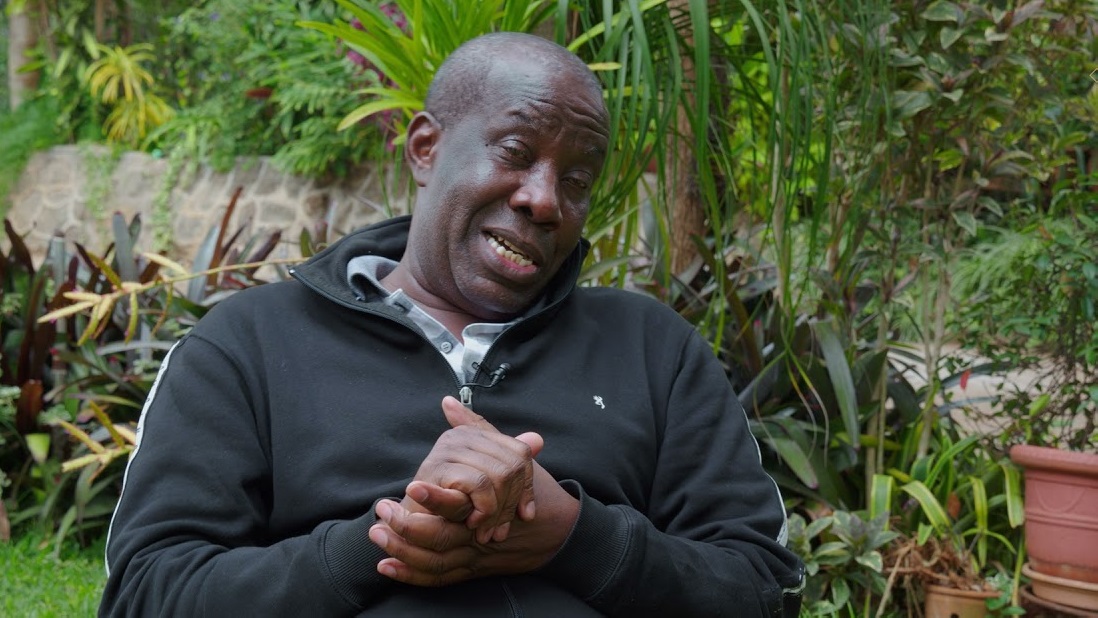For the people who have always keenly followed the shenanigans in the management of the capital city of Nairobi by elected and appointed officials at various times, the name Kimani Kongo rings a loud bell.
He was a prominent businessman, who became the talk of the town over one of his deals that created a lot of controversy, attracting immense media coverage. It had something to do with the highly lucrative procurement at the City Hall, which remains a source of notoriety to date for the crooked deals that have enriched some people and also broken others.
David Kimani Kongo is famously remembered as the man who reportedly supplied chalk instead of chlorine for the purification of the city’s water and made millions of shillings in those days. It would also ruin his reputation and cast aspersions over his business, as it was feared that his action could have put the lives of city residents at grave risk. The failure to use the right chemical to purify water could have led to a deadly outbreak of water-borne diseases such as cholera in the city.
It happened in 1997, when the businessman walked into City Hall and won a tender to supply chlorine to the City Council of Nairobi, but he instead reportedly sold chalk dust and was paid millions of shillings.
Well, the businessman, who was 59 years old, was back in the news recently, for the way his family executed his Will.
The Will left by Kimani Kongo had said: “When I die, cremate me, use the ashes to plant a tree.” Well, five days after his death, his family, though deep in mourning, was happy to grant his wish.
He was cremated, as is increasingly becoming the norm these days with many prominent Kenyans, including former long-serving Attorney-General and Cabinet minister Charles Njonjo, who died peacefully at his home in Nairobi recently, after clocking a century.
Kimani Kongo died on February 5, 2022, at the Nairobi Hospital after what his family described in his obituary in the media as a long illness. However, the family did not disclose exactly what it was that caused the businessman’s death.
He was also said to have been “an avid businessman, philanthropist and a friend to many”.
The businessman was cremated at Kariokor Crematorium in Nairobi. And exactly five days later, Kimani’s widow and his children had a sad but great photo opportunity, planting a tree at the spot where they had disposed of his ashes in Nairobi’s Dagoretti area at Mituini, where he was born and grew up.
During his funeral service, his friend, namesake and former Nairobi City Council chairman Habib Kongo defended him, saying that he never supplied any chalk, insisting that he was a straightforward businessman. But he conceded that his friend served three years in jail over a totally different matter. This was a murder case and before he was eventually cleared, he was thrown into jail, as the crime was not bailable then.
Kimani Kongo also got himself a wife, Nancy, who worked in the same procurement department that he did business with. They had two sons and a daughter.
The businessman will always be remembered for the chalk supply controversy.




